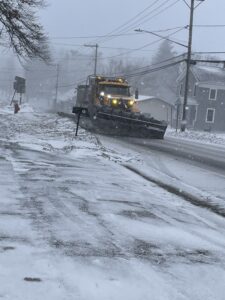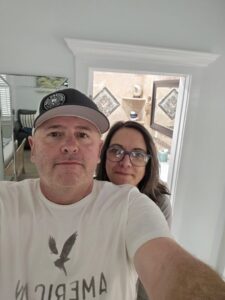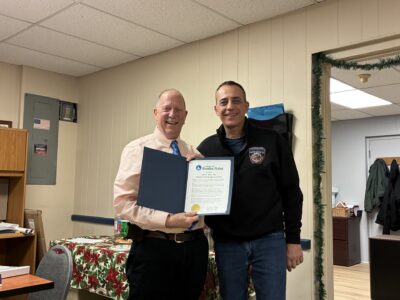Survey Results Show Support For Lake District

Residents of a proposed Chautauqua Lake district responded favorable to a survey, which was discussed by the Chautauqua Lake Protection and Rehabilitation Agency on Tuesday.
Board members of the Chautauqua Lake Protection and Rehabilitation Agency were optimistic Tuesday after reviewing the results of a survey which gathered community input on a potential Chautauqua Lake District.
Matthew Bourke, junior planner with the Chautauqua County department of planning and development, presented the survey responses to the board, which were collected by Highland Planning from February 9-March 15.
“In total we received 1,592 responses to the survey, which was a number we were pretty darn happy with,” Bourke said. “For this type of survey getting over 1,500 responses is a good outcome and gives I think pretty high confidence that we are dealing with a representative sample here.”
Prior to distributing the survey, property owners in the area were contacted with postcards and emails to notify them of the project. Those selected live within the proposed district, which includes Tier I properties on the entire lakefront and Tier II properties lying inside the lakeside beltway of Route 340 and Route 430.
Of those responding, 75% indicated they own property with access to Chautauqua Lake, with 62% saying they support the formation of a lake district. That includes 33% who responded as ‘very likely’ to support the proposal, 29% who were ‘likely’, 7% who were “unlikely” and 16% who were “very unlikely”.
Louise Ortman, a board member of the agency and the town of North Harmony, and several others were pleased with the outcome.
“It looks better than I thought it would, overall,” she said. “If I had to guess the answers they would not have been that positive by that many people.”
Board member and Chautauqua Institution vice president of campus planning and operations John Shedd echoed her statement, saying “they are all good, optimistic results.”
Residents also submitted responses regarding various lake maintenance issues.
Importantly, owners of property with access to the lake showed similar preferences to other respondents.
The preferred projects to be addressed by a lake district include the remediation of harmful algal blooms, the study of water quality and ecological health of the lake and herbicide treatments.
A majority of 63% of respondents support new fees for boats using the lake if legal impediments to those fees can be resolved.
Boating was reported as the most common use of the lake by respondents, followed by dining near the water and swimming.
There were diverse responses to the fee structure of a lake district, with 19% favoring a formula-based fee, 18% a flat fee and 16% an assessed-value based fee.
A majority of 61% of respondents support a district encompassing those areas.
Board member and Ellicott Town supervisor Pat McLaughlin raised some questions about the possibility of only drawing district fees from those property owners, many of whom already pay high property taxes.
“A couple of the people who wrote in to you, that Matt read, kind of had the same thought in mind that the burden shouldn’t just be on those people in Tier I or Tier II,” McLaughlin said. “Not when, again, 25-30% of the entire county received a benefit from one single entity (the lake).”
McLaughlin cited the economic impact that the lake has for the entire county, not just those residents located in Tier I or Tier II.
Board members agreed to seek legal clarification of McLaughlin’s, and chose to wait until their next meeting before taking any deliberate steps forward. The hope is that more interested parties, including members of the county legislature, can view the results of the survey for themselves before concrete decisions are made.
“We are coming up to a fork in the road,” agency chairman Pierre Chagnon said. “Whether we continue to progress with the development of a concept, or do we choose to not progress?”
What exactly would progress look like?
“Moving forward, we would proceed to develop the work plan for the lake district,” Chagnon said. “So when we make a recommendation to the county legislature, which would then have to go to the state comptroller, we actually have to have a work plan that says OK here is what we would do, here is how we would do, here is how we would spent the money that is raised, here is how the lake district would be governed. Those types of issues.”





